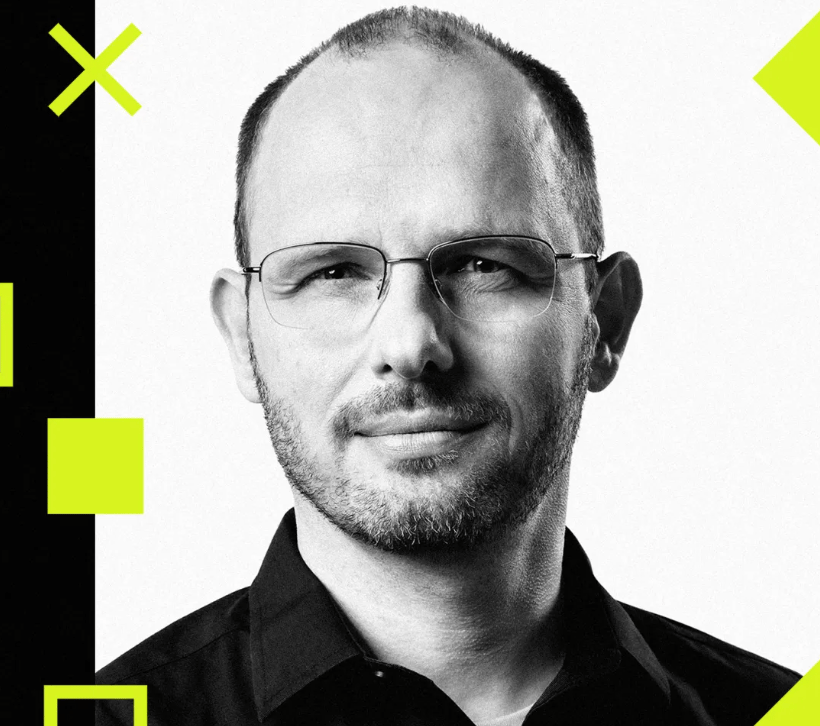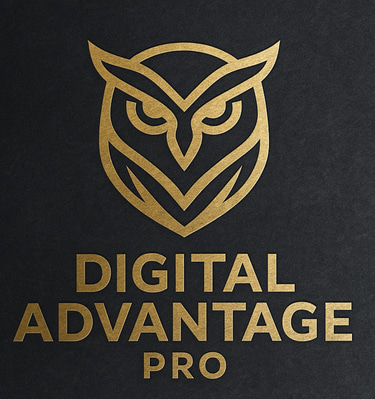AI Boosts Job Growth in Tech Sector
GitHub CEO Thomas Dohmke states AI boosts developer productivity, leading companies to hire more engineers, refuting job-loss fears and emphasizing AI as an enabler for growth and democratized coding access.
AIARTIFICIAL INTELLIGENCETECHNOLOGY
Eric Sanders
7/7/20254 min read


Why AI Isn’t Killing Developer Jobs But Supercharging Them
Why is it that for a large group of people artificial intelligence often triggers some dystopian vision where machines are stealing our jobs and automation is leaving professionals obsolete. When it comes to software development, I think the narrative misses a crucial point that developers as a whole are still needed to configure and build the systems. GitHub's CEO Thomas Dohmke recently offered his opinion through the Ai fear and tech industry noise with his own compelling stance: AI isn’t a job killer for developers, it’s a turbocharger of productivity, prompting companies to hire more engineers, and not fewer.
AI Hysteria Around Developer Jobs
I think the common fear is simple when it comes to AI and how it will evolve our industry. As AI tools continue to get smarter, the general assumption goes, fewer human coders will be needed. After all, if AI can write code, debug, and even suggest solutions faster than any human, why should we keep paying engineers? Though the anxiety for many isn't just limited to a specific industry. it’s more likely shouted out across a large majority of sectors whenever AI technology makes significant strides. The tech world, ironically, is often at the forefront of this fear debate as it should be though.
So here’s where Dohmke offers a contrarian-but-reassuring perspective that I think we should all consider before losing our minds to the AI apocalypse. Speaking candidly, he points out that the smartest companies don’t really respond to AI advances by shrinking their engineering teams. Instead, they expand them.
“The smartest companies are focusing on hiring more software engineers, not fewer,” says Dohmke.
Why? Well because AI is not an autonomous job replacement. For many, it's an enabler to amplifying what developers can accomplish. AI-driven tools help developers write cleaner code, identify bugs faster, and experiment without hitting productivity lulls. The net effect is what any business craves I think: accelerated development cycles and higher-quality outputs.
Human Creativity and AI as a Partner
Having spent years now in the tech environments where new tools constantly evolve the developer workflow, I’ve seen this synergy firsthand. AI coding assistants don’t always strip away creativity; they can clear away the mundane repetition that bogs down talented engineers, who would otherwise be spending time debugging an issue that could have been fixed in a matter of minutes rather than hours. i think this opens up mental space for problem-solving and innovation that the human touch requires often and that fake algorithms can’t replicate.
Here’s a simple analogy: imagine you’re an artist. If a new paintbrush lets you paint faster and with more precision, you don’t stop painting. You paint more, and you explore new styles. AI can also be viewed in this light; tools that enhance our developers. On the flip side, excessive hype about AI replacing jobs risks creating self-fulfilling prophecies cause companies to hesitate to invest in growing teams, engineers panic about their futures, and innovation stalls. Dohmke’s statement recalibrates this narrative in a much-needed way i think.
What Companies Gain by Embracing AI and Growth Simultaneously
Several benefits underpin the trend toward hiring more engineers alongside AI adoption:
- Faster product development: AI handles routine coding tasks or suggests solutions, so engineers execute features more rapidly.
- Higher quality code: With AI aiding in catching bugs or security flaws, overall code reliability improves.
- Access to a wider talent pool: AI democratizes coding by lowering barriers for new developers, helping companies expand their hiring horizons.
- More innovation time: Developers spend less time writing boilerplate code and more on complex, creative challenges.
- Scaling for new opportunities: As companies build AI into their product stacks, they need more engineers to integrate and optimize these tools.
Dohmke emphasizes this growth potential, noting how AI “creates a virtuous cycle” where increased productivity leads companies to invest more in engineering talent. Rather than fearing AI as a competitor, businesses should see it as a catalyst for expanding their technical teams and capabilities.
Differences Between Automation and AI in Software Development
Understanding the distinction between traditional automation and AI is key to grasping why AI boosts rather than diminishes developer demand.
- Automation: Executes repetitive, rule-based tasks without variation, typically replacing manual work.
- AI: Learns from data patterns, adapts, and can assist in complex decision-making processes.
Developers have long worked alongside automation, think of continuous integration servers or code linters, but AI’s conversational and generative capabilities mean it acts more like a collaborative partner than a robotic replacement.
What This Means for Aspiring and Current Developers
For anyone wondering how to future-proof their career, this perspective is both hopeful and practical:
- Embrace AI tools: Learn how to leverage AI-assisted coding platforms. They can supercharge your workflow.
- Focus on creativity and complex problem-solving: Machines aren’t replacing human intuition and innovation anytime soon.
- Keep evolving your skill set: AI introduces new paradigms and integrations that require fresh expertise.
- Advocate for growth Mindset: Push for organizational cultures that see AI as a means to grow teams rather than cut costs.
In essence, the rise of AI in software development is an invitation to level up, not to bow out.
Reflecting on the Bigger Picture
The story GitHub’s CEO tells is a reminder that technology’s impact on work is never zero-sum. The rise of AI doesn’t automatically mean fewer jobs but reshaped, often supercharged, roles for humans.
Instead of fearing AI’s capabilities, we should ask: How can we harness these tools to unlock more creative potential? How will the companies we work for, and build, change as AI becomes a standard part of engineering culture?
As Dohmke’s insights suggest, embracing AI doesn’t spell the end of human developers as I see it. It signals a new chapter of collaboration between man and machine, opening doors to opportunities we haven’t fully imagined yet.
So, in the evolving landscape of tech and AI, the real question might be: How are we going to ride this wave of productivity to build something better, faster, and more inclusive? And who will be the engineers shaping that future?
Efficiency
Transform your workflows and reclaim your time.
Contact Us
Need A Custom Solutions? Lets connect!
eric.sanders@thedigiadvantagepro.com
772-228-1085
© 2025. All rights reserved.
